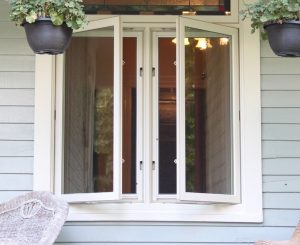

Casement Window
Casement Windows Casement windows open outward, to the left or right, and are hinged on the side. One, two, three, four, or five-lite configurations are
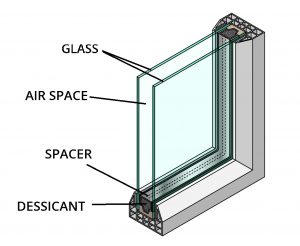

Double glazed windows are insulated glass units (IGU). The IGU has several glass panes in the one window system. These are generally double glazed, that is, with two panes of glass. A still layer of gas or air and a spacer separate the glass panes in these systems. Did you know that all windows should be double glazed?
When double glazing windows are installed, some of the heat from the glass is lost to the surrounding environment and the windows become cold. When there are windows in a room that does not have winter heating installed, the space will get cold even when it is only 10°C. Double glazed windows help to combat this issue because there are multiple layers of insulation. Double glazed windows keep heat in. What is heat? In very simple terms, heat is a measure of the heat in a material. So the more heat is contained within the material, the warmer it is. If there is not enough heat in a material to maintain a comfortable temperature, that is called thermal degradation. This can lead to sagging in the window frames, or even rot.
A double glazed window helps to reduce noise by blocking out light. This is because the windows form a barrier to sound waves. A double glazed window also helps to reduce heat by blocking heat radiated through it. In some instances, double glazed windows can help reduce noise by 10 dB. Double glazed windows block out light and heat. The windows are usually between 3-8mm thick and have a heavy or double set of panes. The double panes form a barrier to sound waves and prevent heat radiation. Also, the double panes create a layer of gas or air to protect the glass from shattering and reduce heat radiation. The double glazed windows provide sound insulation between the panes. A good double glazed window will typically have a rating from 90 dB to 110 dB depending on the application.
1. It is energy inefficient Double glazed windows are great at blocking out the cold and letting the warm air in, but it takes a lot of energy to make the IGU. A double glazed window will decrease the amount of cooling and heating you use, and it will increase the amount of heating you use. You don’t just think the IGU is heating, you feel it. Double glazing is also a relatively high energy consumer.
2. It costs more. Double glazed windows are expensive. They cost about double the amount of a regular window. This may not be a big deal if you want to spend all your money on other things. If you have a mortgage, a renovation budget, or a family to care for, this is something you will need to take into consideration.
The answer to this question is technically yes, but it may not be the best idea. You can lose significant energy savings by replacing a single pane in a double-paned window. Seals can be damaged during the replacement process, resulting in less efficient windows. Any gas injected between the panes to make them more efficient will escape, again reducing efficiency. t is possible to cause further damage to the sash and the window itself when replacing the single pane of a single window. The replacement process can even be damaged in the process.
Additionally, the amount of work required to do window glass replacement on a double pane is more labour intensive so is also likely to be more expensive.
Depending on the type of heating and the size of the house, it can be difficult to achieve optimal winter heating with natural gas. Windows are the most important factor in heating efficiency and, therefore, in the fuel usage. Glazed windows allow the full effect of sunlight in summer and block it during winter. In addition, insulation of a glazed window unit is essential. It is recommended that insulation should consist of low-efficiency insulation, which will reduce the heat loss of the glazed window system.


Marc is an experienced glazier providing high quality glass replacement and repair in Sydney Lower North Shore.


Casement Windows Casement windows open outward, to the left or right, and are hinged on the side. One, two, three, four, or five-lite configurations are
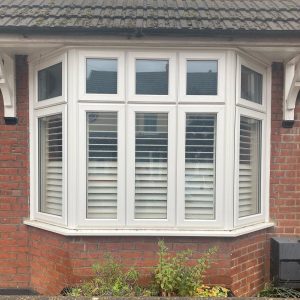

Bay Window A bay window is a type of window that extends outwards from a house’s fascade.From the outside, it appears to be a decorative
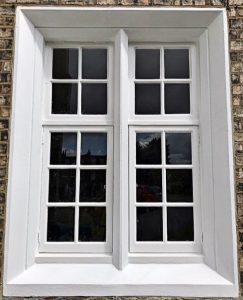

Sash Window Sash windows are vertically opening windows that are commonly associated with traditional architecture & design. Available in single hung (one sliding panel) or
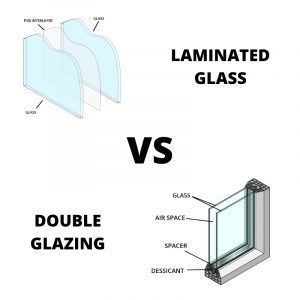

Which One Is Better: Double Glazed Or Laminated Glass? With energy costs in Australia being as expensive as they are, many home owners are realising
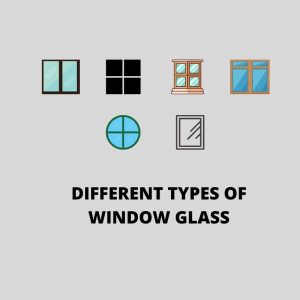

DIFFERENT TYPES OF WINDOWS Different window styles offer different openings. They can also vary in importance based on your individual needs. Ventilation opportunities are increased
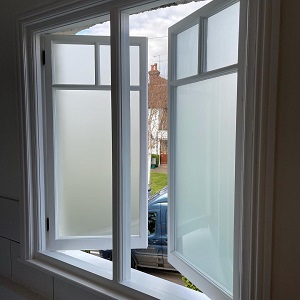

Casement Vs Sash Windows: What’s The Difference? Sash Window Casement Window Both casement and sash windows can be used with a variety of architectural styles